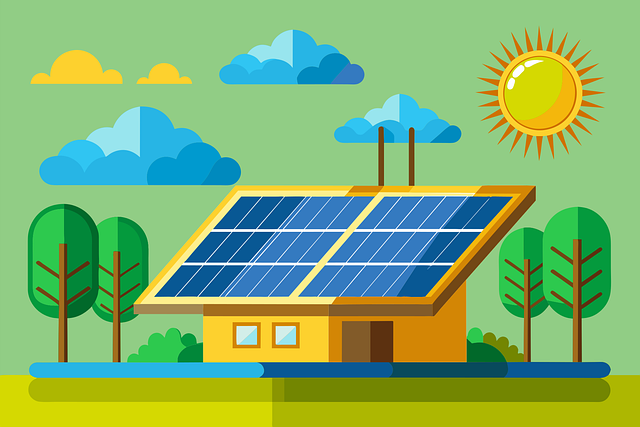
Introduction
Solar energy presents a viable solution to address the energy challenges faced by developing countries, offering opportunities for clean, reliable, and sustainable power generation. However, the adoption of solar energy in these regions is accompanied by unique challenges that require innovative solutions and strategic interventions.
Challenges Facing Solar Energy Adoption
1. Access to Capital and Financing
Limited access to capital and financing options poses a significant barrier to solar energy adoption in developing countries. The upfront costs associated with solar installations, including equipment procurement and installation expenses, often exceed the financial capabilities of individuals, communities, and small businesses in these regions.
2. Infrastructure and Grid Connectivity
Inadequate infrastructure and lack of grid connectivity in rural and remote areas present challenges for deploying solar energy systems. Many developing countries lack robust transmission and distribution networks, making it difficult to integrate solar power into the existing energy infrastructure and distribute electricity to underserved communities.
Opportunities for Solar Energy Deployment
1. Off-Grid and Decentralized Solutions
Off-grid and decentralized solar energy solutions offer opportunities to extend electricity access to remote and underserved communities. Stand-alone solar systems, including solar lanterns, home solar kits, and mini-grids, provide reliable and affordable electricity to households, schools, healthcare facilities, and businesses in off-grid areas, improving quality of life and fostering economic development.
2. Policy Support and Incentives
Policy support and incentives play a crucial role in promoting solar energy adoption and investment in developing countries. Governments can implement favorable policies, such as feed-in tariffs, tax incentives, and regulatory frameworks, to encourage private sector participation, attract investment, and stimulate growth in the solar energy sector.
Community Engagement and Capacity Building
1. Community Ownership and Participation
Community engagement and ownership are essential for the successful deployment of solar energy projects in developing countries. Empowering local communities to participate in project planning, decision-making, and management fosters a sense of ownership and ensures that solar installations meet the specific needs and priorities of the communities they serve.
2. Capacity Building and Skills Development
Capacity building and skills development initiatives are critical for building local expertise and knowledge in solar energy technologies and systems. Training programs, vocational courses, and educational initiatives can empower individuals, technicians, and entrepreneurs with the skills and knowledge needed to install, operate, and maintain solar energy systems, driving local employment and entrepreneurship opportunities.
Conclusion
Solar energy holds immense potential to address energy poverty, promote sustainable development, and mitigate climate change in developing countries. By addressing challenges, leveraging opportunities, and fostering collaboration between governments, communities, and stakeholders, we can accelerate the adoption of solar energy and unlock its transformative benefits for all.